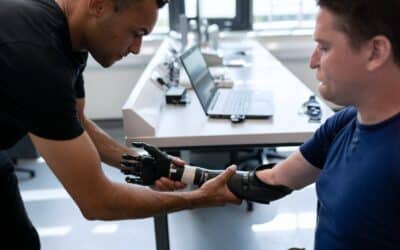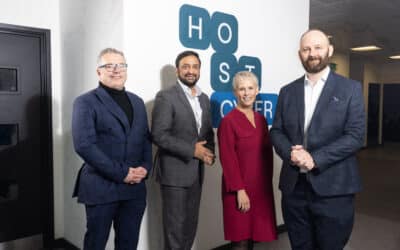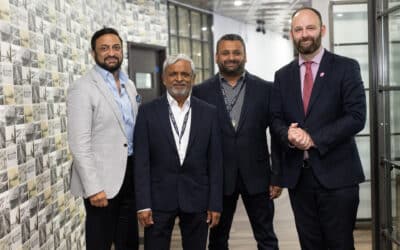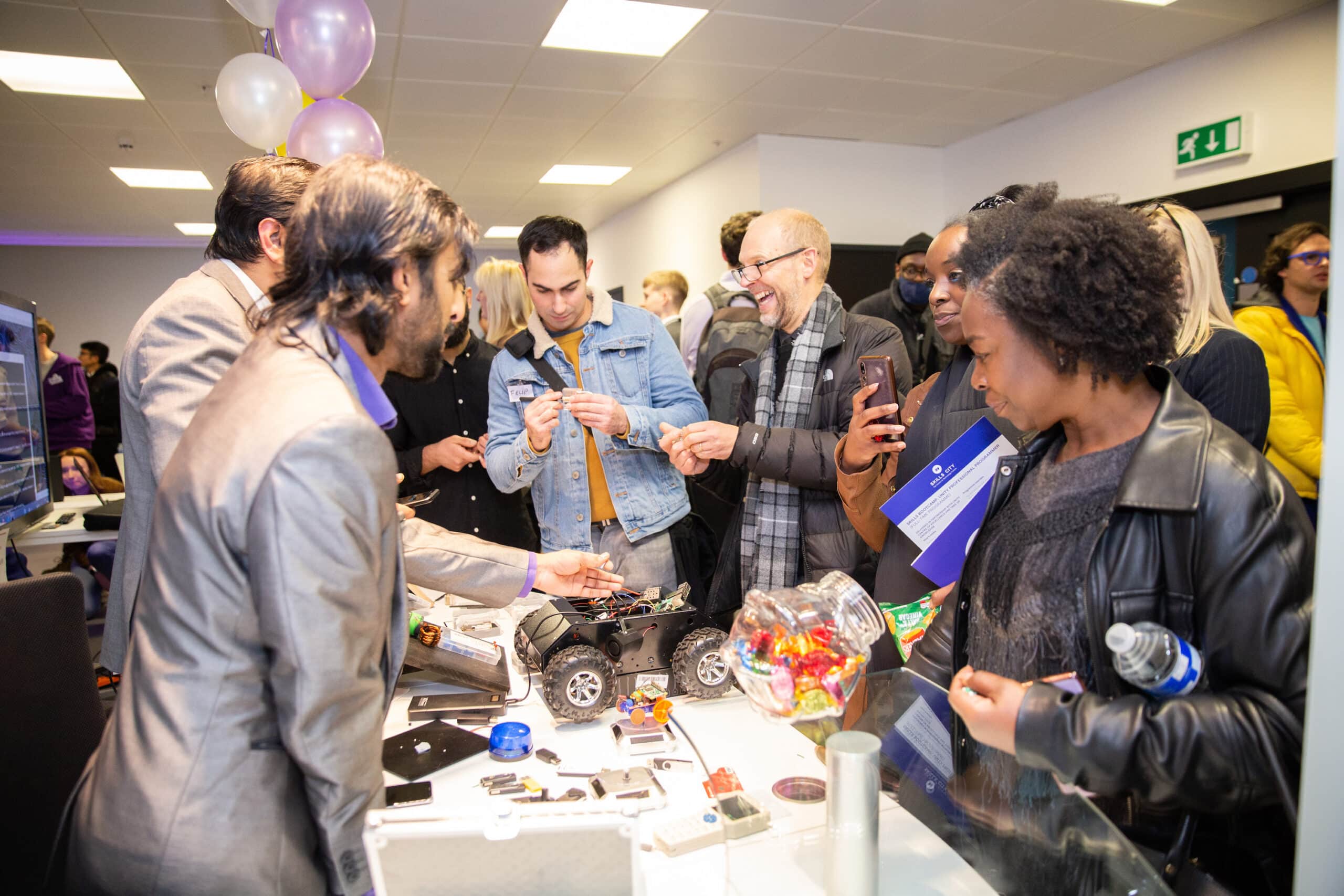Mo Isap, founder and CEO of IN4 Group – the operator of innovation hubs in the UK regions – has spoken of the company’s plans to expand and support a wider range of innovators, and explored the innovation blueprint at its heart.
Over the course of the past 12 months, the group has increased its headcount by nearly 50, generated around £4 million of new revenue, launched six new programmes, and much more.
IN4 Group, a provider of skills, innovation and start-up growth services, is focused on breaking down the barriers of entry into digital technology, as well as providing significant returns for local regions running the risk of being left behind.
Born and bred in Blackburn, Isap grew up in household of four families living in the same property. After succeeding at school and getting into college and then university, he realised he was “able to shape what was going to define my career and my future” – which, until then seemed “very much decided for me”, he told Prolific North.
His first business was in digital print, as MD of Manchester Print Graphics (MPG) – in the mid-90s, “quite an innovative space”. MPG was ultimately listed in the Financial Times’ 100 fastest-growing companies in the UK, and was eventually sold to the Hobs Group, where Isap was Director from 2013 to 2018.
He said, “from 2013, with the Hobs Group, we then led the establishment of the biggest 3D printing business operation in the UK – an immersive VR, AR and 3D laser scanning operation. That was a huge move into that space, and probably one that gave me a lot of clarity about establishing IN4 Group.”
Prosperity through innovation
With innovations arriving like VR, AR and 3D printing, Isap said it was apparent that such an industrial revolution was coming up against a significant barrier in terms of organisations’ skills capabilities.
Whenever he was recruiting for a technology specialist, he wouldn’t end up finding any talent from the UK, but instead “end up employing somebody with a PhD from Poland”, for example.
From this he identified two problems: making opportunities for local individuals more accessible first of all, along with the problem facing businesses that didn’t have the skillsets internally. “The skillsets weren’t there and a lot of companies weren’t adopting this, and they were being left behind.”
He defined what would become the blueprint for IN4 Group in 2017, with the goal of solving the problem for industry by offering them a talent pool and the relevant technical skills for their organisation “to actually grow your business properly”.
The sustainable and self-fulfilling blueprint
IN4 Group bridges the gap between industry and education, offering what Isap calls a “unique” model – “based on Industry 4.0 innovation, and how I could make that understandable.”
Its mission is to use innovation and technology to deliver top outcomes in the towns and second cities from their regions – places including Salford, Rochdale, Preston and Blackburn.
“We will work in… and activate a tier one outcome in those places, because that’s where the biggest potential is.
“At the moment,” he said, “everybody’s playing a zero-sum game – we’re saying we’re not going to do that, we’re going to create a new prosperity.
“We combine Innovation Services with start-up growth programmes and skills and talent development, all connected symbiotically into one system.”
IN4’s model is sustainable and self-fulfilling. “It creates its own demand in the regional economy, which drives the talent requirement which we then supply. It creates, organically, entrepreneurs who can then become connected to the place.”
HOST, the Home of Skills & Technology based in Salford at MediaCity, is “exemplifying how you unlock the potential of a second city”, said Mo. It’s the country’s 18th most deprived local authority region, but also has MediaCity, which is the region’s highest contributor to GVA – “that’s a huge contradictory spectrum.”
The group has also developed “the biggest bootcamp operating model anywhere in the UK” – Skills City. In July, Skills City secured a £1.2 million contract from the Department for Education (DfE) to run six technology bootcamps, certified or mapped to an apprenticeship standard.
“Currently, we are going to get 450 people into jobs by March of this year – that’s in six months,” he said. “53% of those are BAME, 42% are female – we’ve got taxi drivers who are now going to be cloud practitioners.
“We’re not just taking the easy route.”














